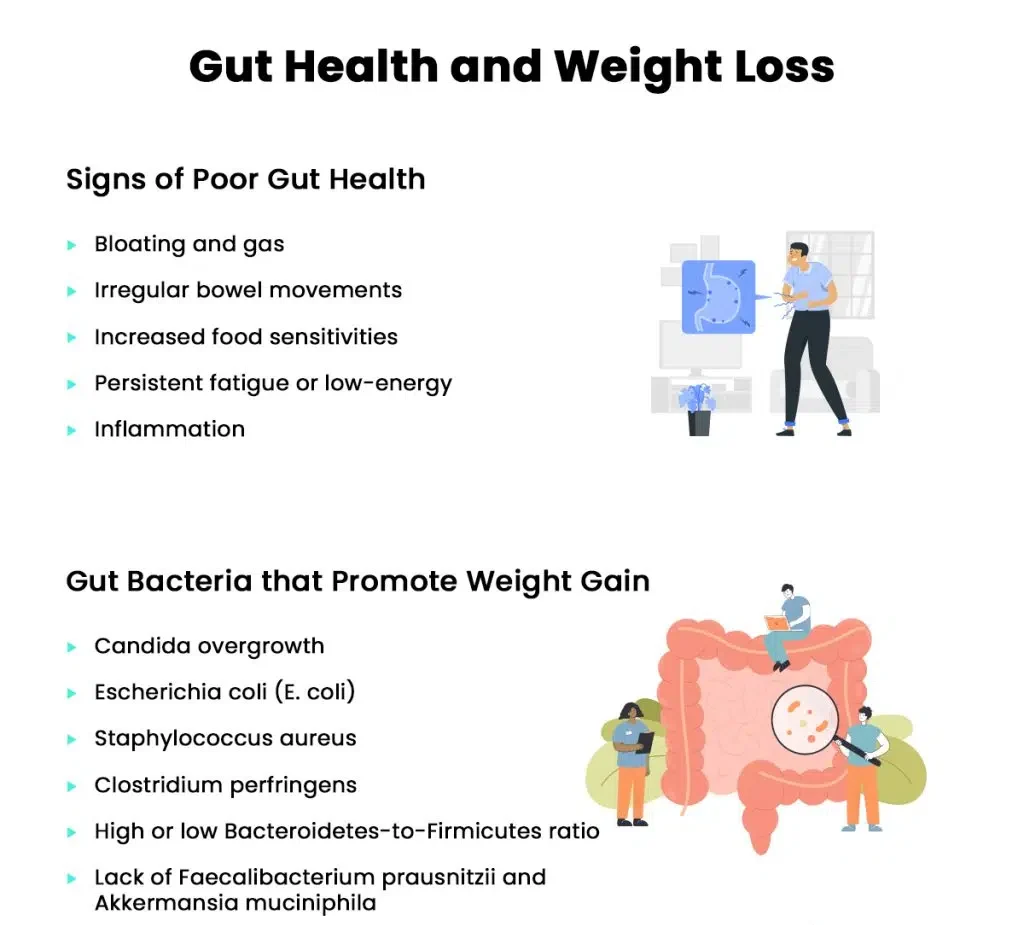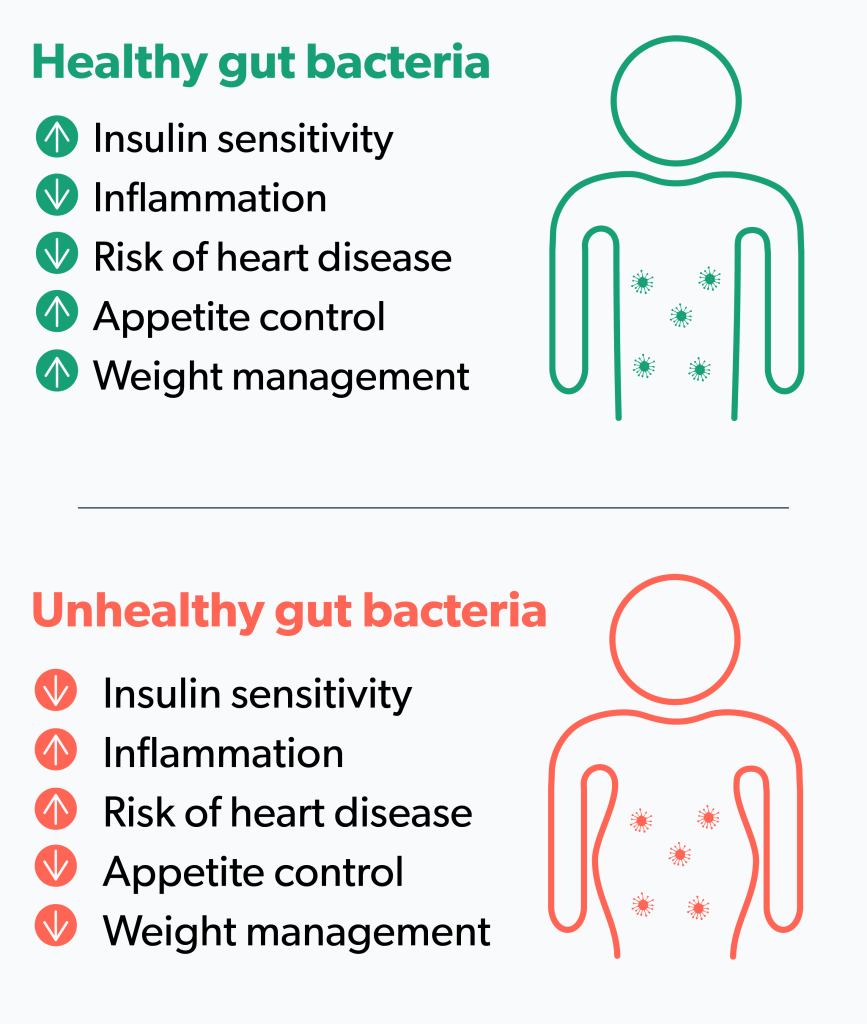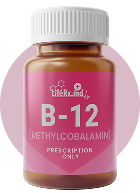The human body is a fascinating ecosystem, teeming with trillions of microbes that play a crucial role in our overall health. One of the most important communities resides within our gut, known as the gut microbiome. This intricate network of bacteria, fungi, and other microorganisms influences various aspects of our well-being, including digestion, immunity, and surprisingly, our weight.
The gut, often referred to as the “second brain,” houses a complex community of bacteria and other microorganisms known as the gut microbiome. This ecosystem plays a crucial role in various bodily functions, including metabolism, immune response, and even mental health. Understanding how gut health impacts weight can offer new avenues for addressing obesity and related metabolic disorders.
The Gut Microbiome: A Flourishing Intestinal Microbiota
The human gut microbiome is a vast community composed of trillions of microscopic life forms, including bacteria, viruses, fungi, and protozoa. These microorganisms reside primarily in the intestines and contribute to the host’s health in numerous ways. The gut microbiome assists in digesting food, producing vitamins, and protecting against pathogens. It also communicates with the body’s immune system and influences the body’s metabolic processes.
Research has shown that the composition of the gut microbiome varies significantly between individuals. Factors such as diet, genetics, environment, and lifestyle influence this composition. A healthy, balanced gut microbiome supports efficient digestion, nutrient absorption, and a robust immune system. Conversely, an imbalanced gut microbiome, or dysbiosis, has been linked to various health issues, including obesity, diabetes, inflammatory bowel disease, and even certain types of cancer.
The Gut-Weight Connection: How Microbes Can Tip the Scales
Microbiome Composition and Obesity

Studies have revealed that obese individuals tend to have a different gut microbiome composition compared to lean individuals. Research published in “Nature” demonstrated that obese individuals had a higher ratio of Firmicutes to Bacteroidetes, two major bacterial phyla in the gut. This altered ratio is associated with an increased capacity to harvest energy from the diet, leading to weight gain.
Gut Bacteria and Metabolism
Gut bacteria play a pivotal role in metabolizing dietary fibers into short-chain fatty acids (SCFAs) like butyrate, propionate, and acetate. SCFAs serve as an energy source for colon cells and help regulate metabolism and appetite. Butyrate, in particular, has anti-inflammatory properties and helps maintain the gut barrier. Propionate and acetate influence the production of hormones involved in appetite regulation, such as leptin and ghrelin. An imbalance in SCFA production can disrupt these hormonal signals, contributing to weight gain and obesity.
Research in “Nature Reviews Endocrinology” highlighted the role of SCFAs in regulating metabolism and appetite. The study emphasized how an imbalance in SCFA production can disrupt hormonal signals related to hunger and satiety, leading to weight gain and obesity .
Gut Permeability and Inflammation

The integrity of the gut barrier is crucial for preventing the translocation of harmful substances from the gut into the bloodstream. A compromised gut barrier, or “leaky gut,” allows endotoxins like lipopolysaccharides (LPS) to enter the circulation, triggering systemic inflammation. Chronic inflammation is a known risk factor for insulin resistance and obesity.
A study in “Diabetes” found that elevated levels of circulating LPS were associated with increased body fat and insulin resistance in mice. These findings suggest that maintaining gut barrier integrity is essential for preventing inflammation-related metabolic disorders. The study’s insights reinforce the link between gut health and weight management, highlighting the need for strategies that support gut barrier function.
Gut-Brain Axis and Appetite Regulation
The gut-brain axis is a bidirectional communication network between the gut and the brain, involving neural, hormonal, and immunological pathways. Gut bacteria produce neurotransmitters and metabolites that influence brain function and behavior, including appetite and food cravings. For example, gut-derived serotonin impacts mood and appetite, while ghrelin and leptin regulate hunger and satiety. Disruptions in gut-brain communication can lead to overeating and weight gain.
Research has demonstrated that gut-derived signals significantly impact brain regions involved in appetite regulation. By understanding this communication pathway, we can develop interventions to modulate appetite and support weight loss efforts.
Probiotics, Prebiotics, and Weight Management
Probiotics and prebiotics offer potential therapeutic strategies for modulating the gut microbiome and supporting weight management. Probiotics are live beneficial bacteria that confer health benefits, while prebiotics are non-digestible fibers that promote the growth of beneficial bacteria.
Clinical trials have shown that specific probiotic strains, such as Lactobacillus gasseri and Bifidobacterium breve, can reduce body weight and fat mass. A meta-analysis in “Obesity Reviews” evaluated the effects of probiotics on body weight and fat mass. The analysis included randomized controlled trials and concluded that certain probiotic strains, such as Lactobacillus gasseri, significantly reduced body weight and fat mass in overweight and obese individuals. These findings suggest that incorporating specific probiotics into the diet can support weight management.
Prebiotic fibers like inulin and fructooligosaccharides (FOS) enhance satiety and reduce calorie intake. An article in “The American Journal of Clinical Nutrition” examined the impact of prebiotic fibers on appetite and calorie intake. The study found that prebiotics like inulin and FOS increased satiety, reduced hunger, and lowered overall calorie intake, supporting weight management. By promoting the growth of beneficial gut bacteria, prebiotics can help regulate appetite and support weight loss efforts.
LifeRx.md: Optimizing Your Gut Health for Weight Management
At LifeRx.md, we recognize the potential of gut health optimization for weight management. We offer personalized consultations and guidance to help you achieve a healthy gut microbiome, which may positively impact your weight management efforts.
-
- Dietary Assessment: We can analyze your diet to identify potential imbalances that might be affecting your gut health and weight management.
-
- Probiotic Supplementation: We can recommend specific probiotic strains that have been shown to promote gut health and support weight management goals.
-
- Functional Medicine Approach: We take a holistic approach, considering your unique health profile and recommending personalized strategies for optimizing your gut health.
Taking Control of Your Gut Health and Weight
While research on the gut-weight connection is ongoing, the existing evidence is compelling. By nurturing a healthy gut microbiome, you may be empowering your body for optimal weight management. Here are some additional tips to promote gut health:
-
- Embrace a Fiber-Rich Diet: Dietary fiber serves as the prebiotic fuel for your gut bacteria. Consume plenty of fruits, vegetables, whole grains, and legumes.
-
- Limit Processed Foods and Added Sugars: Processed foods and sugary drinks disrupt gut microbial balance. Prioritize whole, unprocessed foods.
-
- Manage Stress: Chronic stress is detrimental to gut health. To promote digestive health, explore stress management techniques like yoga and meditation.
-
- Consider Probiotics: Probiotics can help restore balance in the gut microbiome. Consult a healthcare professional to find a suitable probiotic strain.
Conclusion: Your Gut, Your Weight, and Your Path to a Healthier You
The gut microbiome is more than just a collection of microbes; it’s a dynamic ecosystem that significantly impacts our health, including our weight management. By prioritizing gut health through diet, lifestyle modifications, and personalized guidance from LifeRx.md, you can empower your body to achieve a healthy weight and overall well-being.




















